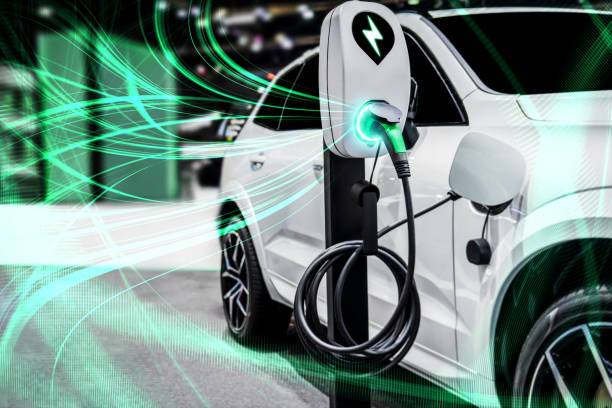The 21st century has witnessed a remarkable shift in the automotive industry with the development and widespread adoption of electric vehicles (EVs). These groundbreaking vehicles have emerged as a sustainable alternative to traditional internal combustion engine cars, transforming the way we think about transportation. With advancements in battery technology and a growing focus on reducing emissions, electric vehicles have become a symbol of progress and environmental consciousness.
The Rise of Electric Vehicles
The first major breakthrough in electric vehicles came in the early 2000s with the introduction of models such as the Tesla Roadster and the Nissan Leaf. These vehicles showcased the potential of EVs, offering improved range, performance, and a reduced carbon footprint. Over time, electric vehicles have gained popularity due to their silent operation, instant torque, and lower operating costs compared to their gasoline-powered counterparts.
Sustainable Mobility:
Electric vehicles have played a crucial role in addressing the environmental challenges posed by traditional gasoline-powered cars. By relying on electric motors powered by rechargeable batteries, EVs produce zero tailpipe emissions, reducing air pollution and greenhouse gas emissions. This significant reduction in carbon footprint contributes to the global efforts to combat climate change and create a more sustainable future.
Advancements in Battery Technology:
The development of electric vehicles in the 21st century has been closely tied to advancements in battery technology. Lithium-ion batteries, which power most modern EVs, have undergone significant improvements, enabling longer driving ranges and faster charging times. Moreover, research and development efforts are focused on increasing battery energy density and reducing costs, making electric vehicles more accessible to a wider consumer base.
Infrastructure and Charging Network:
To support the growing adoption of electric vehicles, there has been a simultaneous expansion of charging infrastructure. Governments, private companies, and organizations have invested in the development of public charging stations, making it easier for EV owners to charge their vehicles on the go. Fast-charging technologies have also been introduced, reducing charging times and alleviating range anxiety.
The Future of Electric Vehicles:
The future of electric vehicles is bright, with continued advancements anticipated in the coming years. Automakers are investing heavily in electric vehicle research and development, with a focus on improving battery efficiency, increasing driving ranges, and introducing innovative features. Additionally, governments around the world are implementing policies and incentives to encourage the transition to electric mobility, further driving the growth of the EV market.
The rise of electric vehicles in the 21st century marks a significant milestone in the automotive industry's evolution towards sustainability. With their zero-emission nature, improved battery technology, and expanding charging infrastructure, electric vehicles have become a viable and desirable option for drivers worldwide. As we strive for a greener and more sustainable future, the electrifying revolution of electric vehicles holds the promise of cleaner air, reduced dependence on fossil fuels, and a transportation landscape that is both innovative and environmentally responsible.



No comments yet
Be the first to share your thoughts!